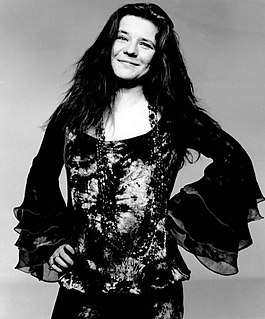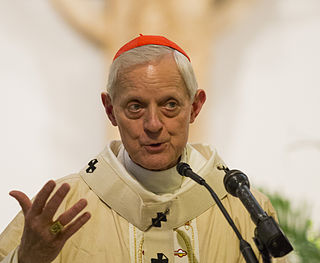A Quote by Friedrich Nietzsche
A man should not play the coward to his deeds. He should not repudiate them once he has performed them. Pangs of conscience are indecent.
Related Quotes
If you can get them once, man, get them standing up when they should be sitting down, sweaty when they should be decorous, smile when they should be applauding politely-and I think you sort of switch on their brain, man, so that makes them say: 'Wait a minute, maybe I can do anything.' Whoooooo! It's life. That's what rock and roll is for, turn that switch on, and man, it can all be.
A distinguished man should be as particular about his last words as he is about his last breath. He should write them out on a slip of paper and take the judgment of his friends on them. He should never leave such a thing to the last hour of his life, and trust to an intellectual spurt at the last moment to enable him to say something smart with his latest gasp and launch into eternity with grandeur.
The children's lessons should provide material for their mental growth, should exercise the several powers of their minds, should furnish them with fruitful ideas, and should afford them knowledge, really valuable for its own sake, accurate, and interesting, of the kind that the child may recall as a man with profit and pleasure.
Usually, to be sure, man considers only the stubble field of transitoriness and overlooks the full granaries of the past, wherein he had salvaged once and for all his deeds, his joys and also his sufferings. Nothing can be undone, and nothing can be done away with. I should say having been is the surest kind of being.
We may gamble on outsmarting the law; we may even gamble on the leniency of man and the mercy of God-but no man ever won a gamble with his own conscience. Even should he think he has beaten his conscience into submission, his misdeeds still leave their mark upon him. Anyone who gambles against this fact has already lost his gamble.









































